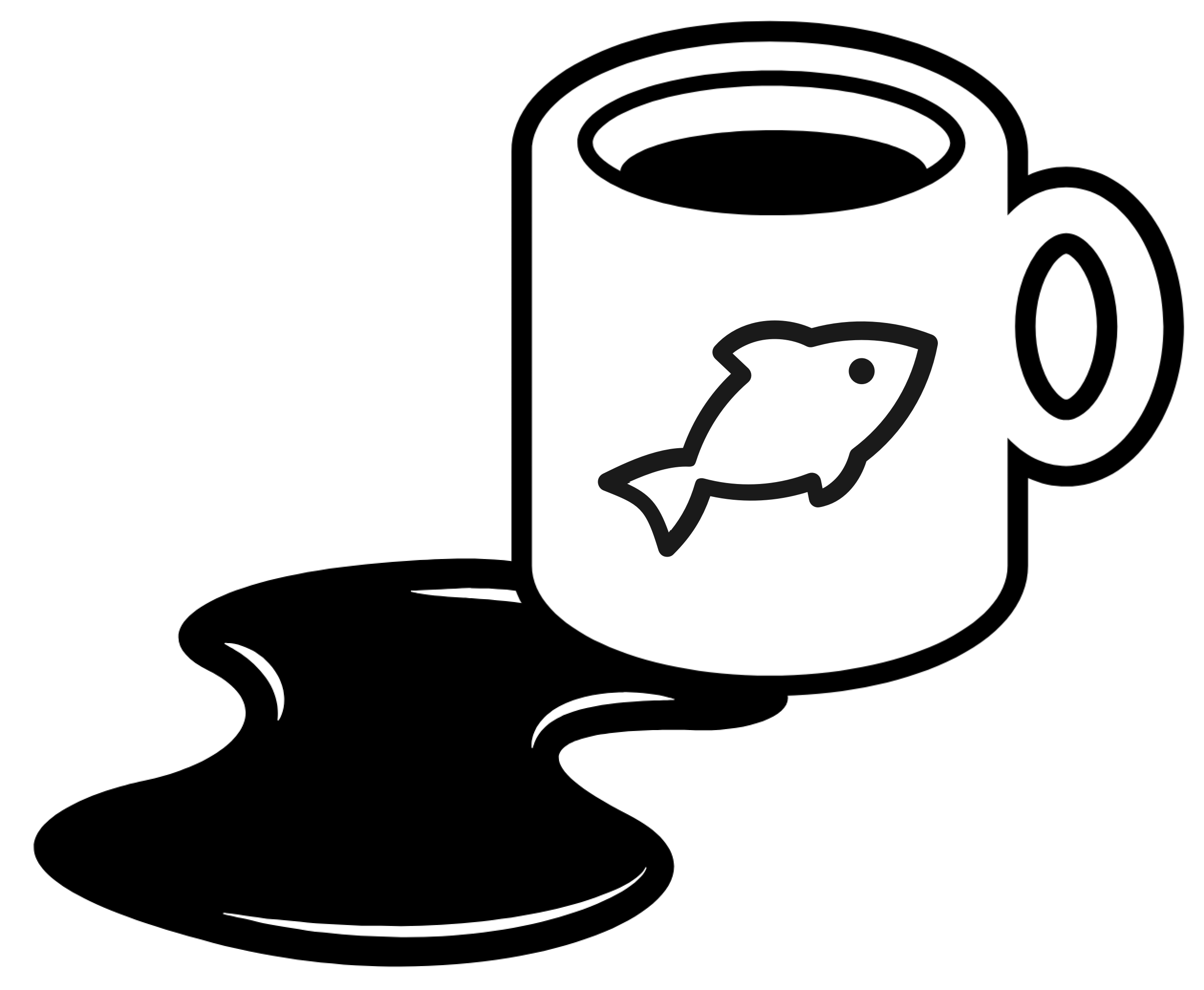We’ve been through a number of phases of emotional experiences during 2020.
The initial panic and unknown when the UK went into lockdown. The loss of work, loss of freedom of movement, and fear around the pandemic created high levels of stress for all.
Then the long months of tackling being at home, being apart from others, perhaps figuring out how to work from home, juggle homeschooling, manage not seeing people or even spending too much time in close quarters with other people, and then the strange limbo between lockdown and ‘returning to the new normal’ where transport, pubs and shops and offices reopened, yet nothing really felt that comfortable or relaxing, and perhaps pressure to “get back to the workplace” with additional anxiety around how safe that was.
Now, as second-wave rears its head in the UK, with numbers spiking, and new measures in place, a new phase again will emerge with fresh concerns and challenges.
Six months of long, ongoing, persistent stress, even if its low level, even if you’re fit and well, is not healthy for anyone. Now is time to reflect again on how you are you working well from home, and make sure you’re keeping things in place to continue to look after your wellbeing.
Dealing with the ongoing emotional impact of COVID
Normally, after long periods of low-level stress (perhaps most commonly from work) we take a break, perhaps a holiday, get away from it all. But within a global pandemic - there is seems to be nowhere to escape to - and this long-term stress leads to less focus and motivation.
Even if you’ve not been physically or financially affected by COVID and its related restrictions, we’ve all been emotionally impacted, and many of us are finding the 100+ days of the pandemic taking its toll on our mental health.
Motivation and energy levels are dropping along with our ability to focus, sleep health is getting poorer, and it’s simply just tiring - even if it doesn’t feel like the same heightened stress we were experiencing back in March.
Take some time to think about your own energy levels, and consider designing your day around them - perhaps shorten your days, so you’re not working a full-day, or you’re taking mid-week breaks to give yourself time to recoup every few days, rather than every five. Reflect on at the type of work you’re doing, and see if you’re finding it energising or draining - it might be that some projects are taking much more of a toll on you than others - use a journal and reflect upon how your energy levels change depending on varying influences.
And make sure you’re taking more breaks than normal. Things are harder, no matter your situation, so don’t expect to be running at full power right now. Give yourself permission to rest, and if you’re struggling or finding things overwhelming - share how you’re feeling and seek help from your support networks.
Reflect on what new habits have formed
At the start of the pandemic it was almost exciting to set up new habits, the weekly zoom pub quiz, calling people on the phone, getting into a new routine that didn't include the commute - but over time, it's been very easy to let some of the positive habits lapse.
For many, this was a good thing, as people put themselves under immense stress to 'thrive' rather than just cope - and burnt-out - but there's a balance between doing nothing to take care of yourself and putting too much pressure on yourself to be your best.
It can feel like hard work, especially during the shorter days, but a little investment in your wellbeing pays off in buckets.
Take some time to reflect upon the habits you've found yourself naturally following now things have settled down - and make sure you're not ignoring the most foundational aspects, such as exercise, diet, sleep, connection and communication.
Is it time to add back into some of those zoom socials, rather than just zoom meetings?
Did you used to have some time where you’d be able to just take 15 minutes to breath, but work is now busier again and lunchtime or breaks have somehow fallen off the schedule?
The “one exercise outside a day” restriction might have gone away, but are you still spending some time each day exercising or finding a way to get some natural light and stretch your legs?
Have you found yourself in any patterns around work which are not healthy - perhaps checking your emails after dinner, or getting straight into work before you’ve had a moment to prepare for the day? Are you finding yourself moving from virtual conversation to conversation without any breaks or time to think?
Take some time to look at what bad habits you've slipped in to, what good habits you've dropped, and how you might want to redesign your ways of working to better look after yourself.
Covinter is coming
Winter can often be harder for our emotional health at the best of times, yet alone when challenged with additional complexity.
With days being shorter and with less sunlight, our bodies produce less serotonin and more melatonin - which means the natural hormone associated with happiness decrease while the chemical connected to low-mood and sleepiness increases.
- Make the most of daylight - research shows that a daily one-hour walk in the middle of the day can be an effective treatment for coping low mood in the winter, and getting outside during the natural daylight is essential. Even sitting near the window whilst you're indoors can help.
- Eat well - a balanced diet is important during the winter. Try to balance the cravings for carbohydrates with lots of fresh fruit and vegetables. Taking extra Vitamin B12 or Vitamin D supplements can also be helpful
- Sleep routines - it's easy to shift your sleep habits when the light changes, but try and stick to your routines, and don't be tempted to spend longer in bed, even if it's warm under that duvet.
Building Emotional Support Bubbles
No matter the restrictions on how many people we're allowed to meet - creating emotional support bubbles of people who are there for us can help immensely.
Take time to strengthen the connections with those in your network who you know are already there for you, will take the time to listen when you're struggling, or that you want to reach out to to check in on them.
Look for other spaces and places where you can meet others who might be going through similar experiences too - online support groups or communities exist for job sectors, ways of working, geographic regions, etc.
It can help to add some regularity in your contact too - perhaps set a time and day you'll check in with your group, and protect that time in your diary. Even if you're feeling fine - it can help others.
Finding a tribe where you can share what you're going through and support others helps you to make and maintain meaningful connections.
Think Proactively
We don't know how long COVID will be impacting the world - so no matter how long we might be lockdown, it's important not to treat this as a temporary measure but rather to put things in place which are longer-term habits to take care of yourself and your wellbeing.
So try and look towards sustainable change, rather than unrealistic temporary measures.
This time around, we have a chance to plan ahead, we know a little more of what it might feel like, where our gaps and needs are, and we focus on wellbeing rather than just "making things work".
But don't ignore the potential of a second lockdown happening - even if it doesn't happen and things improve, having some ideas ready for what you could do reduces anxiety, as you've had time and space to consider how you maintain your mental health during winter.


